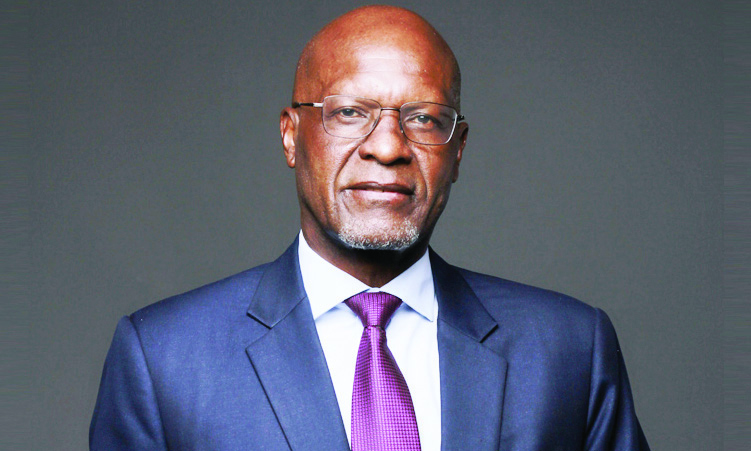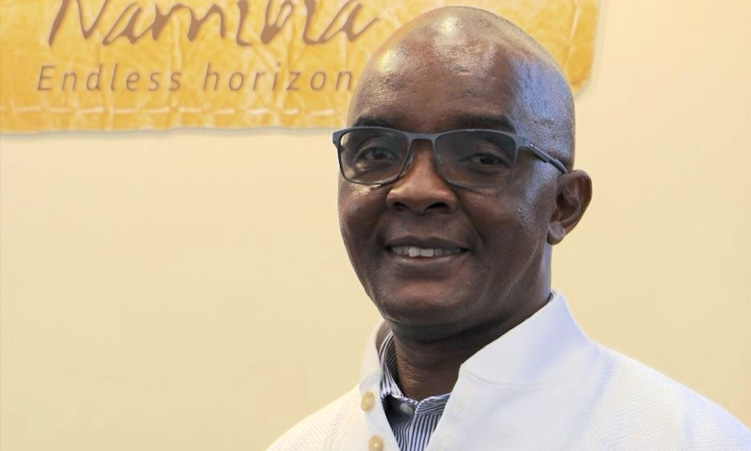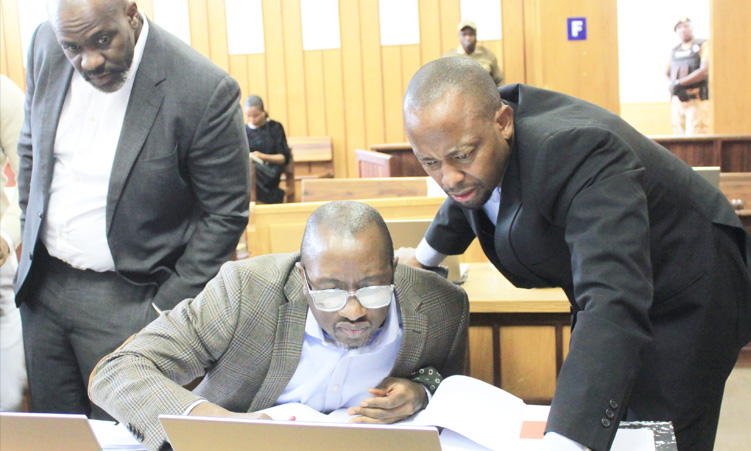The Stampriet Aquifer Uranium Mining Association (Sauma) says the anticipated uranium mining at Leonardville should not be done for short-term economic benefit at the expense of community members, who could lose their livelihoods due to the contamination of the Stampriet Artesian Basin.
Sauma and Namibia Agricultural Union spokesperson Tanja Dahl on Thursday said the issuing of several exclusive prospecting licences along the Stampriet Artesian Basin for uranium extraction using in-situ leaching have raised concerns.
This method would use sulphuric acid, while the basin is a proclaimed water control area.
Sauma met with the parliamentary standing committee on natural resources and economics and the committee on public accounts on Friday to discuss these concerns.
“This aquifer provides the only drinking water for people and livestock in this otherwise exceptionally dry landscape of south-eastern Namibia . . .
“The water is critical. It is the lifeblood of the region, but it is all underground,” Dahl said.
She said Sauma is not opposed to the economic benefits uranium mining could yield, but said 3,98 million hectares of land would be impacted.
This area includes approximately 8 000 farms, as well as towns, communities and villages, and includes territory into South Africa, Namibia, and Botswana as the basin is a transboundary aquifer system.
“Furthermore, radioactivity and its toxic effects could pose challenges to an already weak tourism industry, meat exports and the export of any produce from within the polluted area.
“Radioactive pollution would render any property in the affected area worthless, even dangerous for an extended time.
The Russians themselves indicated a period of at least 30 years, and reports on similar projects indicate even longer periods,” Dahl said.
The same concerns are highlighted in a letter Hardap governor Salomon April sent to minister of mines and energy Tom Alweendo to ask for an urgent meeting regarding the negative impact of uranium mining on communities.
“Mining will contaminate the groundwater, while the water that escapes is dangerous to the health of people and animals, as it contains radioactive uranium.
“Radioactivity can affect the lungs, kidneys, central nervous system and other vital organs and cause cancer. One cannot see, taste, feel or smell natural radioactivity,” he wrote.
The parliamentary standing committee on economics and natural resources visited the uranium exploration operations of Uranium One Group, the Russian mining company with plans to extract uranium in Namibia, in September.
The parliamentary standing committees are set to compile a comprehensive report on the matter, which will be presented for further consideration in the National Assembly.
The visit came in response to an invitation from Uranium One to demonstrate the company’s extraction methods in the area.
Aldo Hengari, the director of operations at Uranium One, presented the company’s initial exploration and mining developmental plan during discussions with the parliamentarians.
“The in-situ recovery mining method is not only economically viable, but also environmentally friendly when compared to conventional mining practices,” he said.
Despite investing approximately N$850 million in the exploration process, the company’s activities have been suspended for nearly a year due to the absence of the necessary drilling permits due to the proposed in-situ recovery method.
Stay informed with The Namibian – your source for credible journalism. Get in-depth reporting and opinions for
only N$85 a month. Invest in journalism, invest in democracy –
Subscribe Now!






